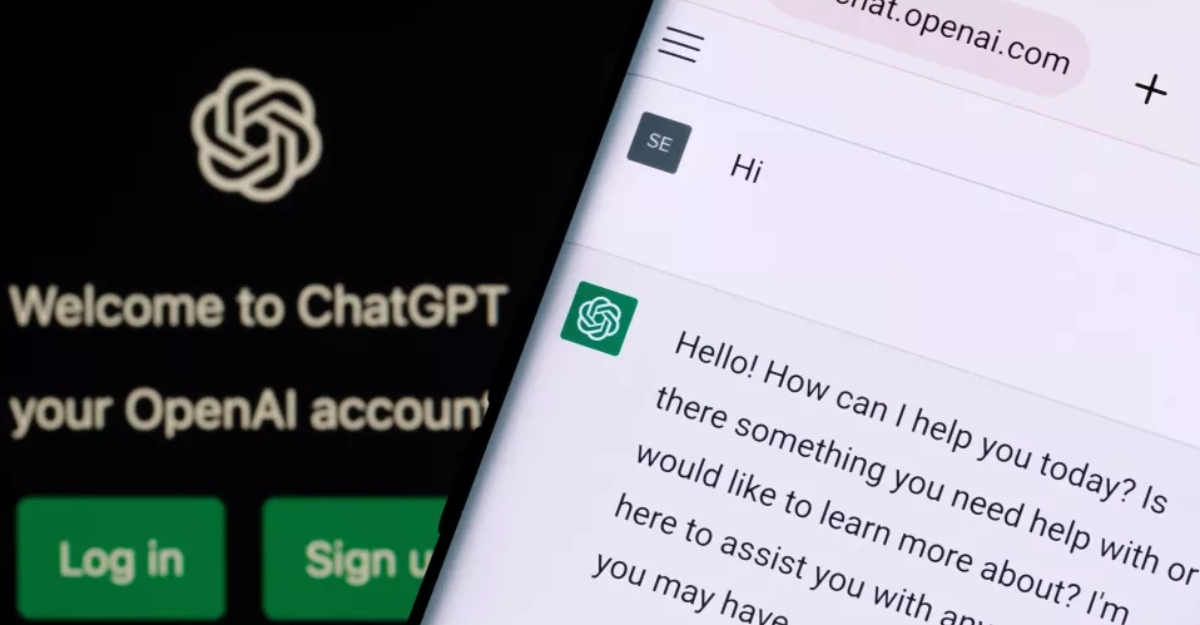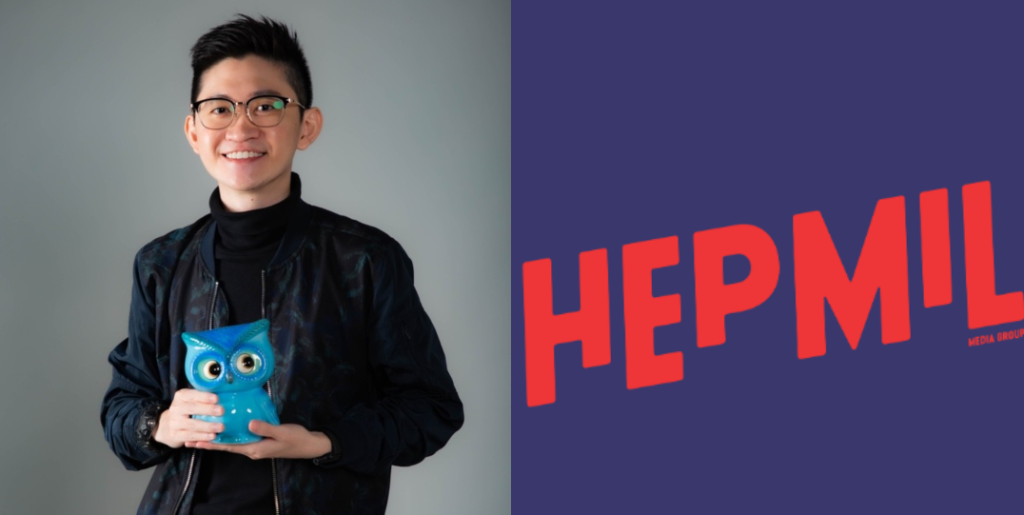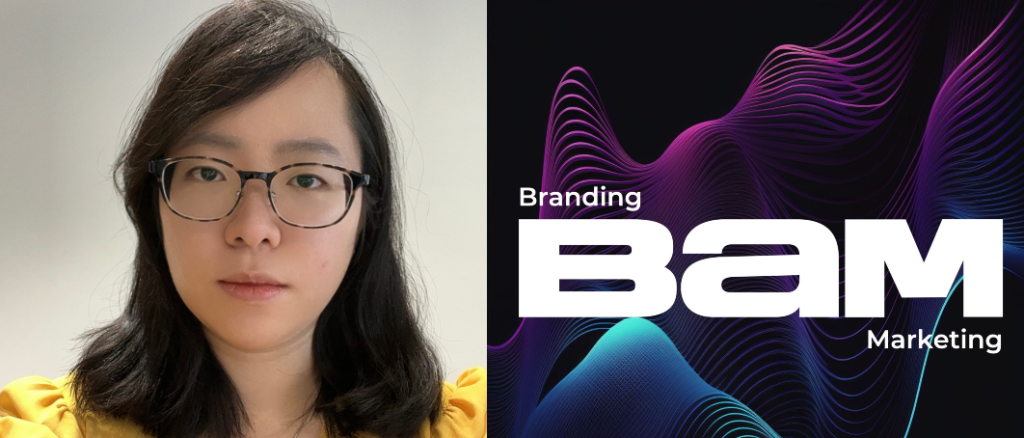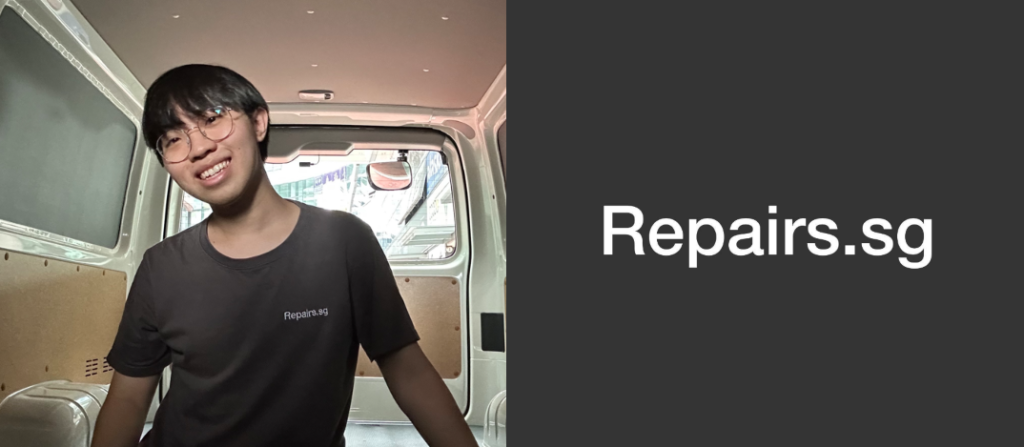“Superpower enhancements”: Four S’pore firms share how ChatGPT, AI are transforming their bizs
From SGAG to ERA, here's a look at how Singapore businesses across different industries are harnessing the power of ChatGPT and AI.

Picture this: a personal assistant that’s fast, efficient, and available to you around the clock — all without costing a penny. This may sound too good to be true, but with generative artificial intelligence (AI), it’s now a reality.
From generating emails to creating stunning visuals, AI has the potential to become a valuable asset to businesses looking to streamline their processes and boost productivity.
In fact, many in Singapore are already doing so — from media to the real estate industry, AI is taking traditional business processes to the next level. Here is a look at some companies that are currently using or testing out generative AI:
1. Hepmil Media Group
 Mushi Luke, Chief Intelligence Officer at Hepmil Media Group/ Image Credit: Mushi Luke via LinkedIn
Mushi Luke, Chief Intelligence Officer at Hepmil Media Group/ Image Credit: Mushi Luke via LinkedInIn the media industry, generative AI has the potential to streamline various processes including automating content creation and streamlining workflows, making it faster and more efficient to produce high-quality content.
Mushi Luke, the Chief Intelligence Officer at Hepmil Media Group (the parent company of SGAG), has personally employed AI for various tasks such as ideation, policy writing, identifying blind spots in checklists, planning, coding, and structuring, among many other use cases.
He utilises multiple AI tools and transfers information between them to optimise workflows.
For instance, Bing excels at research and generating lists with updated information from search results, which Google and ChatGPT may not provide. By passing this information to ChatGPT, it can refine and complete tasks that Bing is unable to perform beyond search.
– Mushi Luke, Chief Intelligence Officer at HepmilIn addition to chatbots, Luke also transfers information to image generation tools including DALL-E, Midjourney and Bing to create artboards. “[Creating artboards] is a process that typically takes hours — it can now be completed in mere minutes,” he adds.
 DALL-E / Image Credit: Vulcan Post
DALL-E / Image Credit: Vulcan PostOn the company level, Mushi is currently conducting an in-house pilot and training programme to explore the applications of AI tools across Hepmil’s various departments, with the goal of redesigning jobs and processes.
The company is focused on developing prompt engineering as a foundational skillset for its employees. Prompt engineering is the skill of designing and creating effective prompts that can guide generative AIs to produce the best possible output for tasks, as a foundational skillset for its employees.
With AI-driven workflows and job redesigns that rely on human inputs, judgements and direction, Luke says that these new AI tools “augment jobs to give everyone superpower enhancements” while performing tasks.
2. Branding and Marketing (BaM) APAC
 Image Credit: Elizabeth Tee, co-founder and managing director at BaM/ BaM APAC
Image Credit: Elizabeth Tee, co-founder and managing director at BaM/ BaM APACHepmil Media Group is not the only media company encouraging the use of AI tools for work.
In fact, Branding and Marketing (BAM) APAC’s co-founder and managing director, Elizabeth Tee, shared the view that “people and machines possess very different strengths that can expand the industry’s capabilities to compete in new ways”.
While BaM firmly believes that the invaluable input of skillful marketeers lie at the heart of every successful marketing campaign, embracing generative AI tools can revolutionise businesses in the creative industry.
Personally, Elizabeth has used ChatGPT across multiple verticals, including summarising main ideas from lengthy pieces of articles; introducing fresh perspectives on topics or a particular brand; and to uncover insights during research.
Besides ChatGPT, she also experiments with image, social copy, and video generation tools to complement her skills at work. For example, she uses Midjourney to “dream of images and unconventional concepts for moodboards”; Synthesia to develop virtual presenters; and Jasper to help her “go from stuck to inspired for short social copy ideas”.
 A screengrab of video generating platform, Synthesia / Image Credit: Screengrab by Vulcan Post
A screengrab of video generating platform, Synthesia / Image Credit: Screengrab by Vulcan PostJust like Luke, Elizabeth has seen tremendous decrease in the time taken to complete tasks. “What would usually take hours or days is now completed in a couple of minutes,” she said.
This is why BaM is taking proactive steps to encourage the experimentation of AI tools at its workplace in order to create an innovative environment. The company aims to put into action AI-generated ideas that are in line with responsible governance.
3. ERA Real Estate
 Marcus Chu, CEO of APAC Realty and ERA Asia Pacific / Image Credit: ERA Real Estate Singapore
Marcus Chu, CEO of APAC Realty and ERA Asia Pacific / Image Credit: ERA Real Estate SingaporeThe implementation of generative AI technology has also proven to be highly beneficial for the real estate industry.
ERA Real Estate Singapore, for example, has experienced a significant increase in productivity since integrating OpenAI’s Generative Pre-Trained Transformer 3 (GPT-3) into its SALES+ app two months ago.
ERA’s SALES+ app is a platform that was developed back in 2022 for its agents to improve sales efficiency through data automation and market intelligence for real-time property analysis, as well as quick marketing materials and reports.
 ERA’s SALES+ platform / Image Credit: ERA Real Estate Singapore
ERA’s SALES+ platform / Image Credit: ERA Real Estate SingaporeWith the integration of GPT-3 into SALES+, Marcus Chu, the CEO of APAC Realty and ERA Asia Pacific, shared that ERA’s agents can now carry out typical time consuming administrative tasks such as generating property listings, emails and blog posts quickly and easily, with automated guidance to assist them with the desired length and tone of the message.
Most of our agents have to exert considerable effort to build content, and this could take anywhere from 30 minutes to an hour to come up with a rough draft.
But now, with ChatGPT, it only takes a couple of minutes to input the various prompts and a few seconds for ChatGPT to generate a personalised write-up, which improves our agents’ overall efficiency and productivity.
– Marcus Chu, CEO of APAC Realty and ERA Asia PacificThe integration of ChatGPT into SALES+ has been well-received by ERA’s agents since it can help streamline various tasks. In fact, just three weeks after the integration of ChatGPT into SALES+, the company saw a five-fold growth in its app usage as compared to an average day, pre-launch.
“Before the integration, we had approximately 340 unique users on the SALES+ app, but today, we have more than 1,700 unique users,” Marcus said.
4. Repairs.sg
 Zames Chew, co-founder of Repairs.sg / Image Credit: Repairs.sg
Zames Chew, co-founder of Repairs.sg / Image Credit: Repairs.sgBesides these industries, generative AI is also transforming businesses in industries that are considered to be “old school” in Singapore. One such business is Repairs.sg, which provides electrical services to homeowners and businesses.
It recently unveiled a ChatGPT-powered assistant that can answer questions, provide advice, and make recommendations to its customers who have electrical problems in their property.
Called Repairs AI, the assistant can assist Singaporeans to solve various issues, including restoring their power after their circuit breakers tripped, diagnosing the fault in their electrical sockets, and choosing between different lighting products. In just one week after its soft launch, the bot has managed to answer more than 500 questions.
Aside from providing greater convenience and utility to its customers, the assistant also benefits the Repairs.sg team by freeing up time from their hands to focus on more hands-on activities.
According to Zames Chew, the co-founder of Repairs.sg, the chatbot reduces the time that his team spends speaking to a customer by more than half, when they utilise the chatbot prior to their consultation.
Repairs AI can shorten a 10-minute conversation to just two to three minutes because it can provide a customer with enough information to confidently make a purchase decision before they speak with a human.
– Zames Chew, co-founder of Repairs.sgAside from Repairs AI, Zames’ team also utilises ChatGPT to streamline their work practices. For instance, the team uses the AI chatbot to summarise information for its service division so that they can spend less time on reading and understanding work orders and service reports.
Generative AI is still plagued by many shortcomings
 Image Credit: Freepik
Image Credit: FreepikDespite these various breakthroughs, generative AI is still far from perfect. When asked about the challenges associated with the new tech, Elizabeth highlights the importance of putting up “guardrails” when using generative AI.
It’s important to remember that AI is not a silver bullet. ChatGPT answered a lot of questions accurately and clearly, but it stumbled when trying to answer that are very specific where it has limited data.
Even when provided with accurate information, ChatGPT can get it wrong. Sometimes it puts words, names, and ideas together that appear to make sense, but don’t actually belong together.
– Elizabeth Tee, co-founder and managing director of BaMHence, she believes it is essential to have oversight and review the behaviour of these tools while gaining advantage of what AI has to offer.
In that same vein, Zames recognises the potential of generative AI to spew misinformation before integrating the chatbot into Repairs AI, which was why his team limited its ability to produce new information.
Instead of using the original training data in GPT 3.5, Repairs AI gets its information from the
same documents and manuals we use to train our team members. This allows it to generate
accurate information.
Besides spreading misinformation, the usage of generative AI can also threaten the privacy and security of firms, which explains why companies such as Samsung have banned employee use of the tech.
Hence, to address these concerns, ERA’s tech team continuously monitors the app safety of its SALES+ platform. According to Marcus, the company also does not store any confidential data with ChatGPT, to safeguard its agents’ use of the SALES+ app.
By carefully monitoring and addressing these challenges, businesses can leverage the power of generative AI while mitigating potential risks and ensuring responsible usage.
Featured Image Credit: Shutterstock

 Troov
Troov 
































